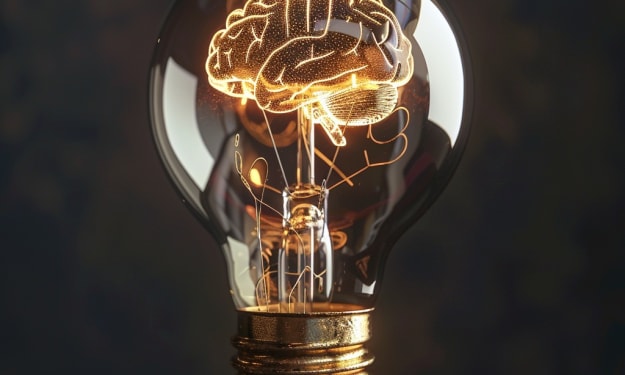
The Mysterious World of Dreams: Unraveling the Secrets of the Subconscious
For centuries, humans have been fascinated by the enigmatic realm of dreams. From the ancient Egyptians to modern-day scientists, the quest to understand the meaning and purpose of dreams has been a perennial pursuit. While dreams have been a universal human experience, their significance and functionality have been subject to diverse interpretations. In this article, we will delve into the intriguing world of dreams, exploring their history, science, and the various theories that attempt to explain their nature.
The History of Dream Interpretation
In ancient cultures, dreams were considered a gateway to the spiritual realm, a source of divine guidance, and a means of communication with the gods. The Egyptians, in particular, developed a sophisticated system of dream interpretation, with professional dream interpreters who used elaborate books to decipher the symbolism and hidden meanings in dreams. This tradition continued through the ages, with notable figures like Sigmund Freud and Carl Jung contributing to the development of dream analysis.
The Science of Dreams
In the modern era, the scientific community has approached dreams with a more empirical perspective. Researchers have discovered that dreams occur during the REM (Rapid Eye Movement) stage of sleep, characterized by rapid brain activity, vivid imagery, and a heightened emotional state. Studies have shown that dreams are not random, but rather, they are linked to our waking experiences, emotions, and memories.
Theories of Dreaming
Several theories have been proposed to explain the purpose and function of dreams. The Activation-Synthesis Theory suggests that dreams are a result of the brain's attempt to make sense of random neural activity during sleep. The Memory Consolidation Theory posits that dreams help solidify memories and integrate new information into our existing knowledge framework. The Threat-Simulation Theory proposes that dreams allow us to rehearse and prepare for potential dangers, while the Social Simulation Theory suggests that dreams help us practice social interactions and relationships.
Problem-Solving and Creativity
Dreams have also been linked to problem-solving and creativity. Many famous artists, writers, and scientists have reported finding inspiration in their dreams. The Beatles' iconic song "Yesterday" and Salvador Dali's melting clocks are just a few examples of the creative potential of dreams. Research has shown that dreams can aid in problem-solving, especially when the solution requires an unconventional approach.
Evolutionary Origins
Scientists believe that dreams may have evolved to keep the visual cortex active during periods of darkness, preventing it from being repurposed for other functions. This theory suggests that dreams served as a means of maintaining cognitive fitness, ensuring that our brains remained adaptable and responsive to the demands of the environment.
Indeed, dreams are good! Dreams have numerous benefits, including:
1. Memory Consolidation: Dreams help strengthen memories and integrate new information into our existing knowledge framework.
2. Problem-Solving: Dreams can aid in problem-solving, especially when the solution requires an unconventional approach.
3. Emotional Processing: Dreams allow us to process and manage emotions in a safe environment.
4. Creativity: Dreams can inspire creativity and innovation.
5. Brain Development: Dreams may have played a role in the evolution of the human brain, helping to maintain cognitive fitness.
6. Stress Relief: Dreams can serve as an emotional release, helping us cope with stress and anxiety.
7. Personal Growth: Dreams can provide insights into our thoughts, feelings, and desires, promoting self-awareness and personal growth.
8. Improved Cognitive Function: Dreams may enhance cognitive function, including attention, perception, and decision-making.
9. Enhanced Creativity: Dreams can stimulate creative thinking and problem-solving skills.
10. Better Mental Health: Dreams can help regulate emotions, reducing the risk of mental health issues like depression and anxiety.
Overall, dreams are an essential aspect of our sleep and cognitive processes, offering numerous benefits that impact our waking lives.
Conclusion
Dreams remain one of the most fascinating and enigmatic aspects of human consciousness. While science has made significant progress in understanding the mechanisms and functions of dreams, much remains to be discovered. Whether dreams are a means of problem-solving, practicing social interactions, or simply a byproduct of brain activity, their significance and impact on our lives are undeniable. As we continue to unravel the secrets of the subconscious, we may yet uncover the hidden potential of our dreams.
About the Creator
Ali bukhari
storyteller and writer ,a good poet.write the sentiments and miseries of society.my content will have authentic info .book lover , traveller,observer and writer.
Enjoyed the story? Support the Creator.
Subscribe for free to receive all their stories in your feed.






Comments
There are no comments for this story
Be the first to respond and start the conversation.